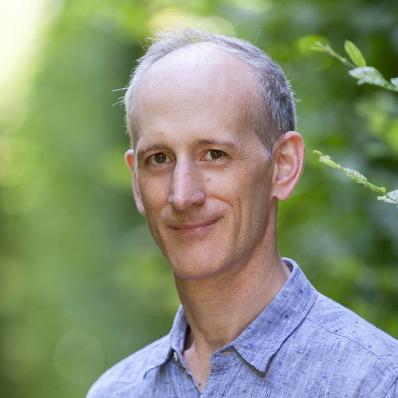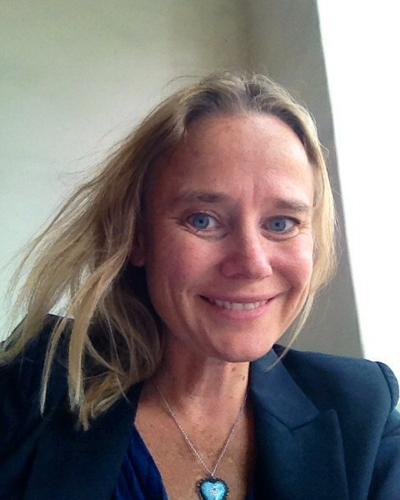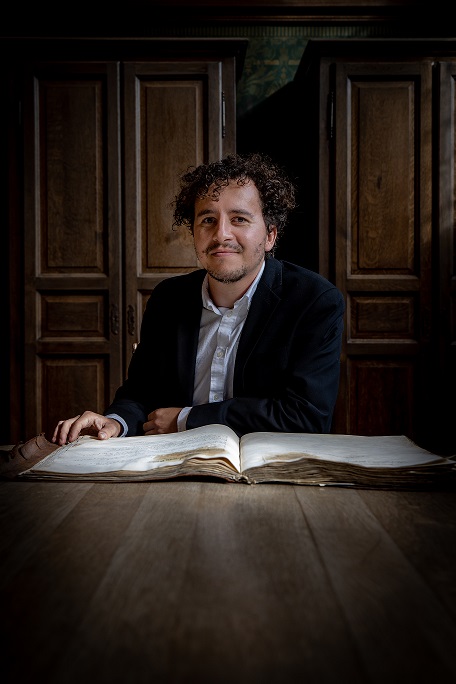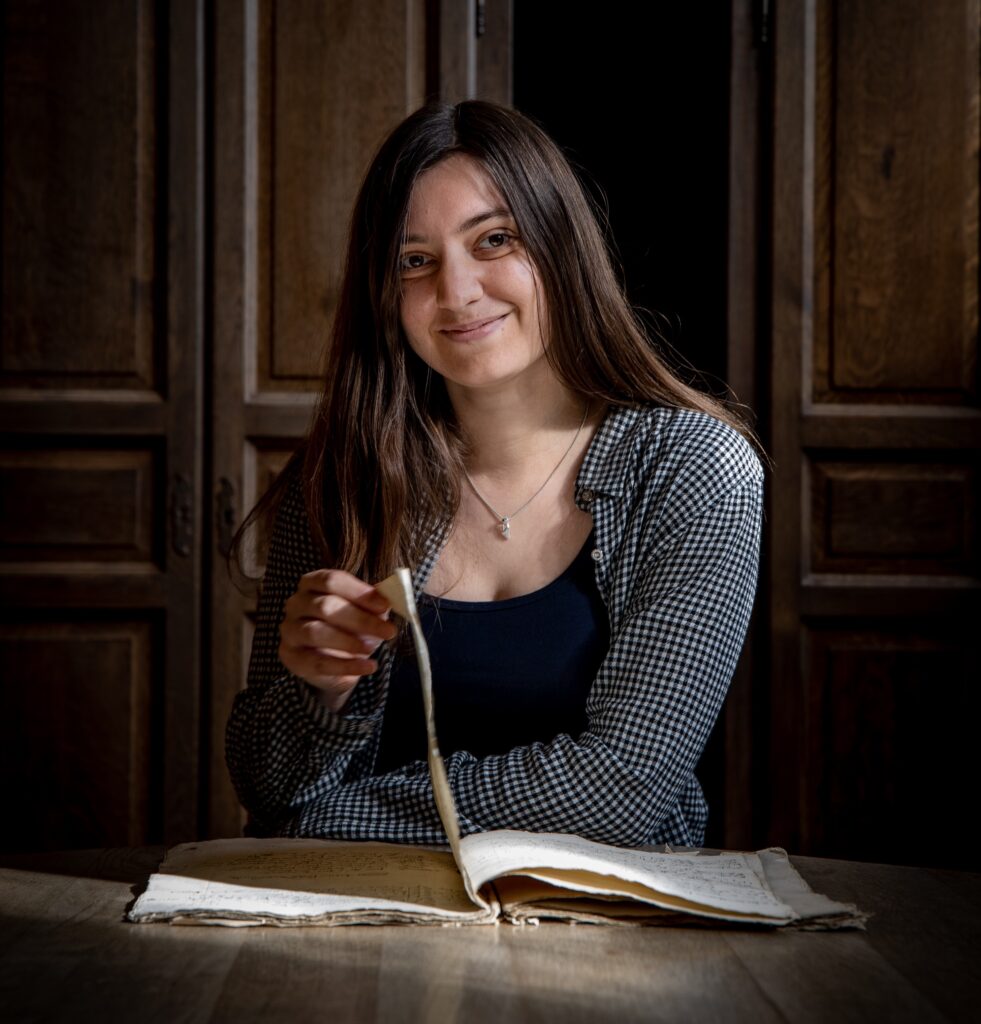
NPG D21369. © National Portrait Gallery, London
The project examines the cultural, political, and financial impact of what we call the lottery fantasy, the idea of a sudden, life-changing wealth through the big prize in the lottery. We will examine the lottery fantasy as a cultural figure as it circulated between countries, languages, and different medial forms in Europe, both in the eighteenth century and today.
State-sanctioned lottery institutions are important agents in European economy, through the financing of sports, culture, and charitable organisations. At the same time, their position as a public body for the organisation of gambling has repeatedly been subject for debate, from the birth of the state-sanctioned lotteries in the seventeenth and eighteenth centuries until today. The debate has been centred around political and moral issues connected to gambling addiction, social inequality and the relationship between state and citizen. The project will study the role played by the lottery fantasy in this political and financial development, through its invention and circulation in and from the eighteenth century.
A group of international researchers will map and analyse the lottery fantasy in a large array of cultural and medial forms of expression: newspapers, periodicals, almanacs, visual art, literature and theatre. By exploring how the lottery fantasy was transmitted, criticised, parodied and played with in European culture in the eighteenth century, we aim to produce new knowledge of the impact of state-sanctioned lotteries in the emergence of the modern European state, as well as of the role played by art and culture in modern political economy and in the relationship between state and citizen.
Project leader

Marius Warholm Haugen is Professor of French Literature at NTNU. Specializing in eighteenth-century studies, he is particularly interested in transnational exchanges, circulation, and translation in and between Italian, French, and British literature. He will conduct research on the representation of the lottery fantasy in French print culture and its connections to Italy and Britain.
Project members

Angela Fabris is Associate Professor of Romance Studies at the Universität Klagenfurt and is an expert in eighteenth-century Italian literature. She has authored a book and numerous papers on journalistic, narrative, theatrical and travel literature of the eighteenth century. Her expertise in visual cultures and cultural studies means that Fabris will play an important role in developing the transmedial aspects of the project.

Paul Goring is Professor of British Literature and Culture at NTNU. He has specialist interests in theatre history, the actor and playwright Charles Macklin, the life and works of Laurence Sterne, and the mediation of news.

Natalie Hoage is PhD candidate at NTNU, starting in January 2022. Her project will examine the text, illustrations and other media intended for the advertisement of national lotteries in Europe from the eighteenth-century to present day. Within the context of Print History and the category of advertisements, her research aims to define, classify and compare the historical and contemporary perspectives of the lottery fantasy.

Photo: Elin Iversen/NTNU
Johanne Slettvoll Kristiansen is Postdoctoral Fellow at NTNU, starting in March 2022. She will explore debates surrounding state-sanctioned lotteries in Scandinavia, with an emphasis on the tensions between the moral and sociopolitical implications of gambling and the financial and political development of modern European states. Adopting a comparative and transmedial approach, she will explore a wide range of historical and literary sources in order to determine how state-sanctioned lotteries were negotiated both by the governing authorities and a larger public in Sweden and Denmark-Norway (Norway after 1814) in the period 1750-1920.

Professor James Raven is a Life Fellow of Magdalene College, University of Cambridge, and a Fellow of the British Academy. He is a renowned book historian who has researched and published since 1991 on the British state lottery. Raven gave the Mellon Lectures at Yale University (Macmillan Centre) in 2010, on ‘Histories of the English State Lottery’ and his book for Oxford University Press entitled Lottery Lives is near to completion and submission.

Jeroen Salman is Associate Professor at Universiteit Utrecht, and is a cultural historian who specialises in early-modern book history and the history of science. He is a reputed expert on European popular print culture with a large international network. He was the leader of the project ‘The European Dimensions of Popular Print Culture’ (EDPOP, 2016-2018) that aimed to develop an international network and a virtual research environment to facilitate and stimulate innovative research on European popular print culture.

Michael Scham is Associate Professor of Spanish at NTNU. He is a specialist in early-modern Spanish literature and is the author of “Lector Ludens”: The Representation of Games and Play in Cervantes.

Inga Henriette Undheim is Associate Professor at Western Norway University of Applied Sciences. She is an expert in eighteenth-century Dano-Norwegian literature and has also published articles on Norwegian nineteenth-century literature. Her main contribution to the project will be to explore the lottery fantasy in the Scandinavian periodical press and fiction, including children’s literature, as well as providing comparative perspectives on eighteenth-century and contemporary versions of the lottery fantasy in different literary genres.

Anne Beate Maurseth is Professor of Comparative literature at the University of Bergen. She has studied the Enlightenment, in particular the works of Denis Diderot, and she has conducted research on the motif of game and the function of chance in the novel from the eighteenth to the twentieth centuries.

Jeroen Puttevils is associate research professor at the Centre for Urban History and the Department of History at the University of Antwerp (Belgium). He studies urban societies in the late medieval and 16th-century Low Countries, with a focus on the interaction between culture and economy and future expectations. Think of long-distance trade, gambling, buying lottery tickets or insuring ships. Since 2020, he leads the project Back to the Future: Future expectations and actions in late medieval and early modern Europe, c.1400-c.1830’. This project studies merchants’ future expectations and actions through in-depth analyses of their correspondences.

Marly Terwisscha van Scheltinga is a PhD student at the University of Antwerp. She has a background in literary and medieval studies. Her project ‘A Woman’s Lot’ focuses on the way women in the early modern Low Countries used lottery rhymes to speak out in public.